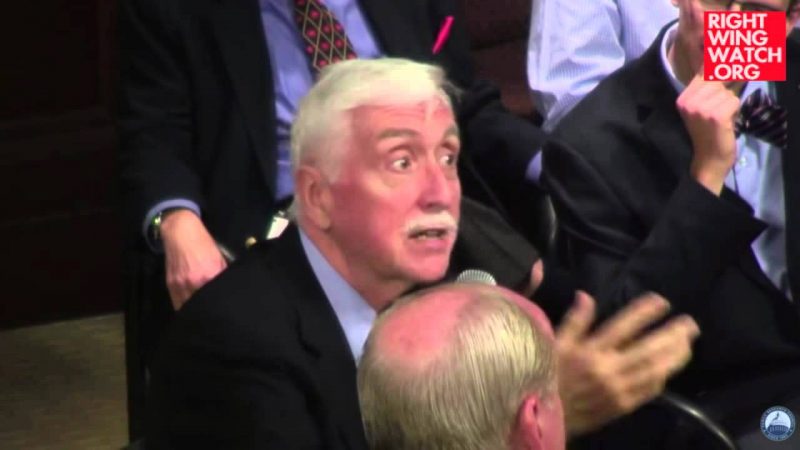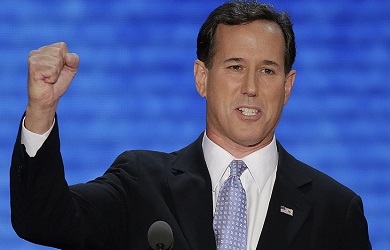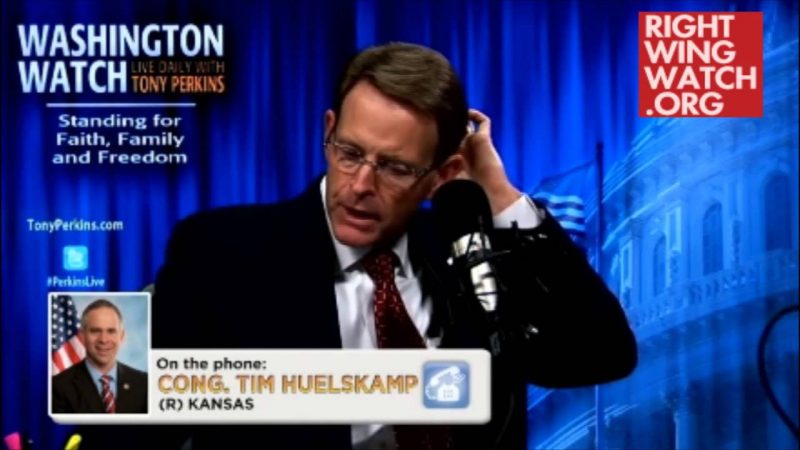Surprising no one, the Family Research Council is attempting to spin a new Harvard study which found that “children raised in communities with high percentages of single mothers are significantly less likely to experience absolute and relative mobility” as a reason to oppose marriage equality. FRC president Tony Perkins and senior fellow Peter Sprigg addressed the Harvard findings on Monday’s edition of Washington Watch during a discussion of a proposed anti-gay amendment in Indiana.
After Sprigg noted that “if a child grows up in a community with married households, that child will do better than a child raised in a community where there are many single parent households,” he said that the study affirmed his opposition to marriage equality: “This is exactly what I’ve been saying about the marriage issue, if you redefine marriage it’s not going to affect just those couples, it’s going to affect the whole community by setting an example.”
“That study then answers that question: how does my same-sex marriage affect yours?” Perkins added. “Well, it may not affect my marriage but it affects my children because it has an impact upon marriage across the board.”
Essentially, Perkins and Sprigg are arguing that by banning gay couples from getting married, they will somehow reduce the number of single parent households.
Don’t worry if that argument makes no sense to you, because it shouldn’t: it relies on an oft-repeated but discredited claim that the legalization of same-sex marriage makes it less likely for opposite-sex couples to get married.
U.S. District Court Judge Robert J. Shelby found [PDF] that Utah couldn’t provide any evidence to support its claim that banning same-sex marriage was necessary to curb a negative impact on opposite-sex marriage:
The State has presented no evidence that the number of opposite-sex couples choosing to marry each other is likely to be affected in any way by the ability of same-sex couples to marry. Indeed, it defies reason to conclude that allowing same-sex couples to marry will diminish the example that married opposite-sex couples set for their unmarried counterparts. Both opposite-sex and same-sex couples model the formation of committed, exclusive relationships, and both establish families based on mutual love and support. If there is any connection between same-sex marriage and responsible procreation, the relationship is likely to be the opposite of what the State suggests. Because Amendment 3 does not currently permit same-sex couples to engage in sexual activity within a marriage, the State reinforces a norm that sexual activity may take place outside the marriage relationship.








